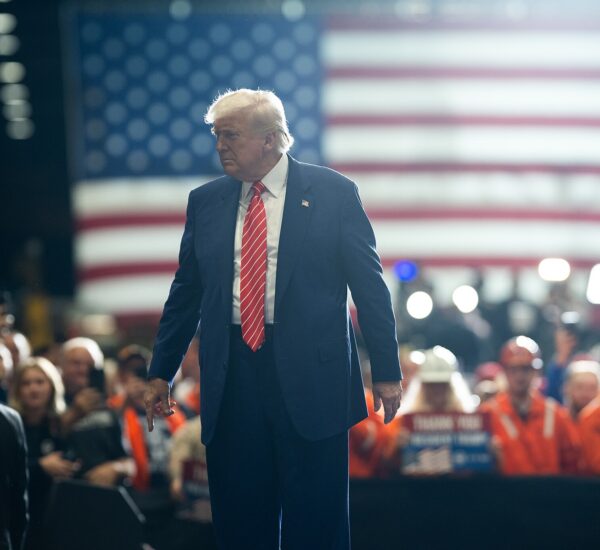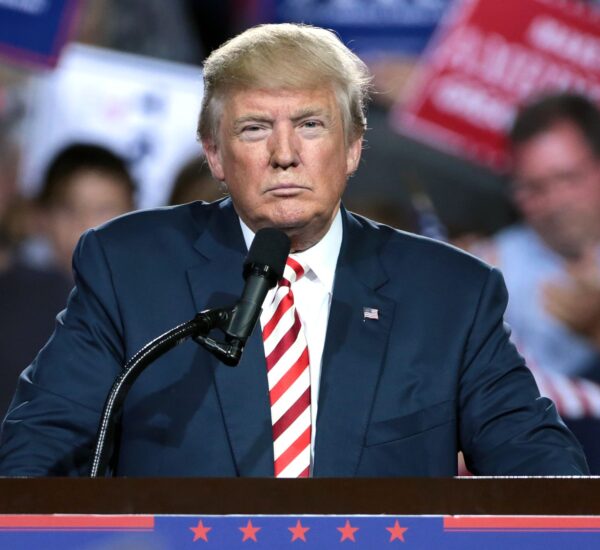How The Far-Left Got Trump Elected
Rep. Ritchie Torres, a Democrat from New York, is pointing the finger at the far-left wing of his own party for contributing to President-elect Donald Trump’s recent victory. In a post on X (formerly Twitter), Torres argued that extreme leftist policies and rhetoric had alienated key voter groups—specifically Hispanics, Blacks, Asians, and Jews—leading many to cast their ballots for Trump over Vice President Kamala Harris.
Torres, who was reelected with an overwhelming 76.6% of the vote in New York’s 15th Congressional District, slammed the far-left for pushing divisive ideas like “Defund the Police,” the controversial “From the River to the Sea” slogan, and the term “Latinx,” which he claims has no real connection to the communities it’s supposed to represent.
“Donald Trump has no greater ally than the far-left,” Torres declared. “They’ve managed to push away voters who were once loyal to the Democratic Party, and they’ve done so by pandering to a fringe that speaks for Twitter, TikTok, and Twitch—not the American people.”
Torres went on to emphasize that the working class, which remains the backbone of the country’s economy, is increasingly rejecting the “ivory-tower” rhetoric of the progressive left. He believes that far-left policies are out of touch with everyday Americans, who are more concerned about their safety, jobs, and families than radical social justice proposals.
Data from exit polls supports his claim. Trump’s support among Hispanic voters surged to 46%, an increase from 2020, while 13% of Black voters also backed the former president—up 1% from the last election. Trump also garnered 66% of the working-class vote, outperforming Democrats by a wide margin.
Rep. Torres isn’t alone in his criticism. Former Democrat candidate Andrew Yang suggested that the party’s failure to hold a presidential primary hurt Harris’ chances. Meanwhile, Sen. Bernie Sanders, a self-described socialist, lamented that the Democratic Party is ignoring the concerns of the working class, particularly those in rural and industrial areas.
Ultimately, Torres’ comments underscore the growing divide within the Democratic Party. As progressive voices push for more radical policies, moderate voices like Torres are warning that such tactics will only drive voters to the right, weakening the Democratic Party’s grip on key demographics.





